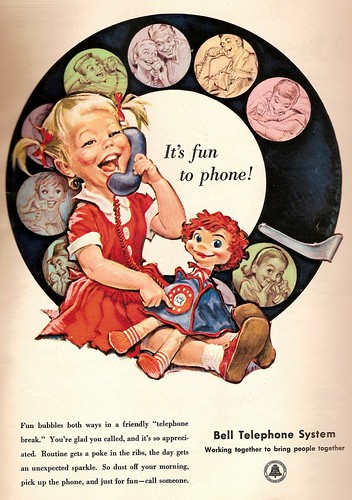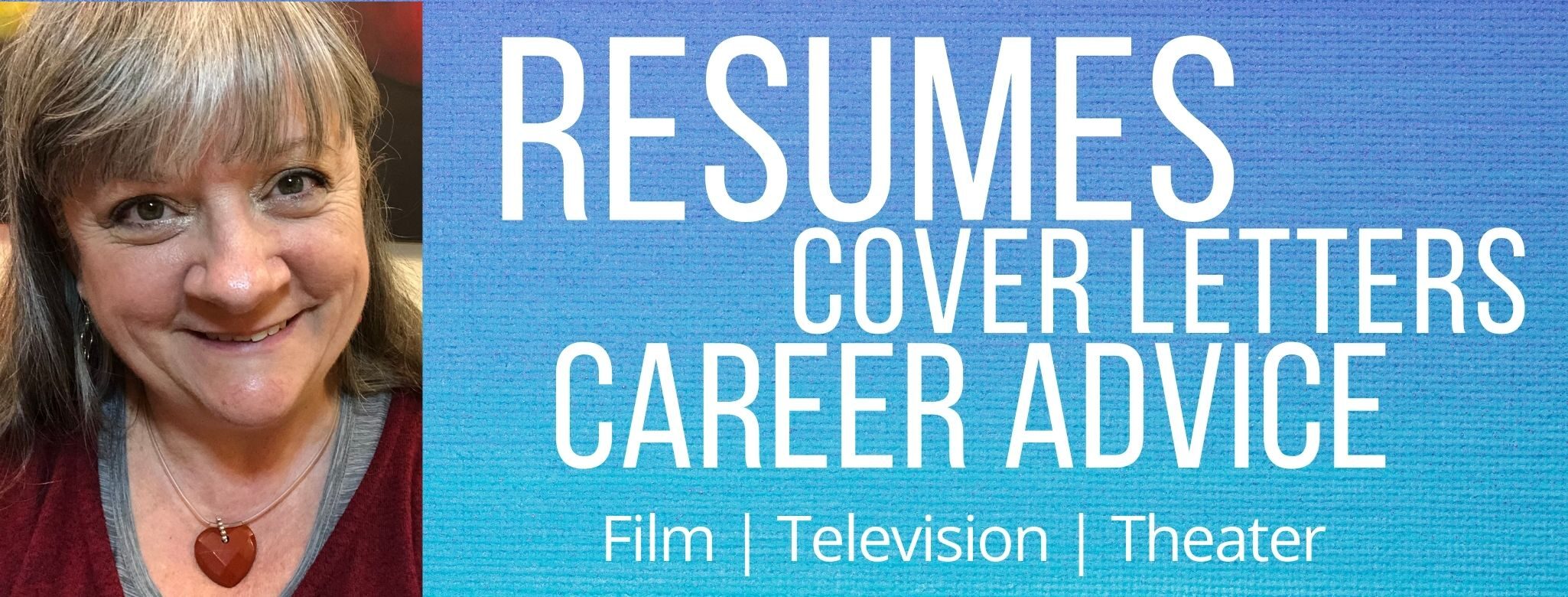
I know. Cold calling is horrible. You feel like a telemarketer or an intruder. BUT the thing is that Production Offices expect to get these calls, and you could actually be doing them a big favor by calling because it saves them from having to search for someone.
Here is a very quick primer about making calls about production jobs.
Calling the Listed Production Company – which may be a Studio.
- First do as much research as you can about the company and anyone in the listing. Don’t waste their time with questions about information that is readily available in the public record. This includes knowing which movies are shooting out of town or overseas. It is a waste of time for a new production assistant to call about a film shooting in Europe.
Your calls will have several purposes:
- Fact Finding – the production office number, and who is the Production Coordinator (often not included in listings) or specific department head.
- Relationship building – chances are you are calling early in the process and PA hiring has not yet begun. Or you could be following up after a networking event.
- Securing an interview – either an invitation to send your résumé or following up after sending it in.
Here are the simple rules:
- Always say your full name and immediately ask to whom you are speaking. Write that name down and keep it for your next call.
Use the person’s name in your next sentence – which ideally should be informing them of the name of the person who referred you to the job.
If you are calling to speak to a specific person, still start with your name and asking to whom you are speaking, still use their name when you ask to speak to the specific person.
Example:
This Robyn Coburn. Who am I speaking to? (Unless they said it already when they answered – yay)
==This is Sally.
Hi, Sally. Joe Smith from Wowie Post Production suggested I call to speak to Bill Brown about a PA position on “Your Big Movie”. Is he available?
- Have practiced your sentences aloud a few times so that you avoid “um” etc.
- Always have a pen and paper with you to make any notes.
- Don’t call right at lunch time, or very close to the end of the day, unless you have been asked to do so. I suggest between 9.45 and 11.30am for your cold calls, early afternoon for your follow ups.
- Don’t ask “yes” or “no” questions. It’s too easy to say “no”. For example don’t say “is the production office open yet?”
- Instead ask for the production office number and the name of the Production Coordinator.
When they say the prod’n office is not open yet, do make it clear that you will call back. Don’t say “when should I call?” because chances are they will give you a day too far in advance, and you’ll miss out. And anyway movies push all the time, delays are common and until the office actually has its phone line connected, anything can happen. Instead tell the person on the phone that you will call back in X days (I like 10 actually) and say, “Will you be in the office then?”
Make sure that you follow up when you say you will. Say “Hi. This is [your full name] calling back. Last time I called I spoke to [NAME]. Is she/he available?” With any luck, the office person will realize that you are persistent, and will help you – if only to pass you on to the next person.
- Always be personable, pleasant and brief.
If you learn or suspect that project has gone into Development Hell, from whence few scripts return, and having established a tenuous rapport, it is fine to say something like, “It sounds like it might be a while. Do you know of any other projects crewing up at the moment?” If you are lucky, the office person will know of something (and is glad to pass you along) and you are then in the wonderful position of being able to use that person as a referrer. “[NAME] at the Big Production Company/Studio suggested that I call you about This Production.”
Calling the Production Office
- Always ask for names – of the person you are speaking to just as before, and the person doing the hiring. If you know the name from your research, AS YOU SHOULD, “I’m calling to double check the spelling on [NAME]”. Even Smith sometimes has an “e” or is spelled with a “y”. If it is truly obvious there may be an out like, “Does he prefer Bill or William?” The point is to avoid the following:
If you say “to whom should I address my résumé?”, unless you are looking for work with a specific department, chances are they will say “to Production”. This is why it is good to know the name of the PC or UPM. You may find a recorded message directing you to fax or email your résumé to the anonymous “Production”. Of course you would do as you are asked and make this the heading of your cover page:
- To Production – Movie title
- Fax number
- Attn: The name of the PC or UPM, their title
It shows thoroughness and attention to detail. It cements your name and theirs together. Every little helps.
- Good manners matter. Always thank people, by name, for their time.
Following Up on a Résumé.
My least favorite call! It’s tough to know exactly when to call. It might be too soon, they might be super busy and overwhelmed.
- Don’t say “I’m calling to follow up on my résumé.” The usual answer is “nothing yet”, “we’ll call you” or “we’re not hiring yet”. Often the person on the other end goes on to autopilot (less often if you have asked and used their name) and tells you to fax your rés to the office. (Sigh – “I already have sent it, but I can send another copy if it helps.”)
Instead have a different conversation (including if you end up on the answering machine):
- “I’m calling to find out when [NAME] is scheduling the interviews for Production Assistants/Runners.”
This is helpfully specific. Remember they are fielding possibly hundreds of calls from people sending in résumés for every position other than department heads on the picture. At the very least you should find out when to call back again, and you might even be given a time to come in.

Suppose they have filled all their slots, or you didn’t get the gig after your interview.
- Leave a good feeling behind. Stay friendly and don’t give up hope. Say something like this:
“Well shucks, I missed out. But I’d really appreciate it, [name], if you’d keep my PA résumé on file in case anything changes or you need day players.”
- Never take anything personally.
If they are short with you, it may be that you called in the middle of a crisis. If you did a great interview but were not hired, perhaps someone with more experience or already known (or the producer’s nephew) came in. Perhaps it is a slow time and the competition was super fierce. Perhaps the budget or shoot was reduced so they need fewer people after all.
I know it’s tempting to want to ask why, and it would be great to get feedback to improve yourself. But chances are the person doing the rejection call isn’t the person making the decision, and it might cause tension that would cross you off the day player or waiting list.
- Reread my post about interview skills, and don’t give up!
